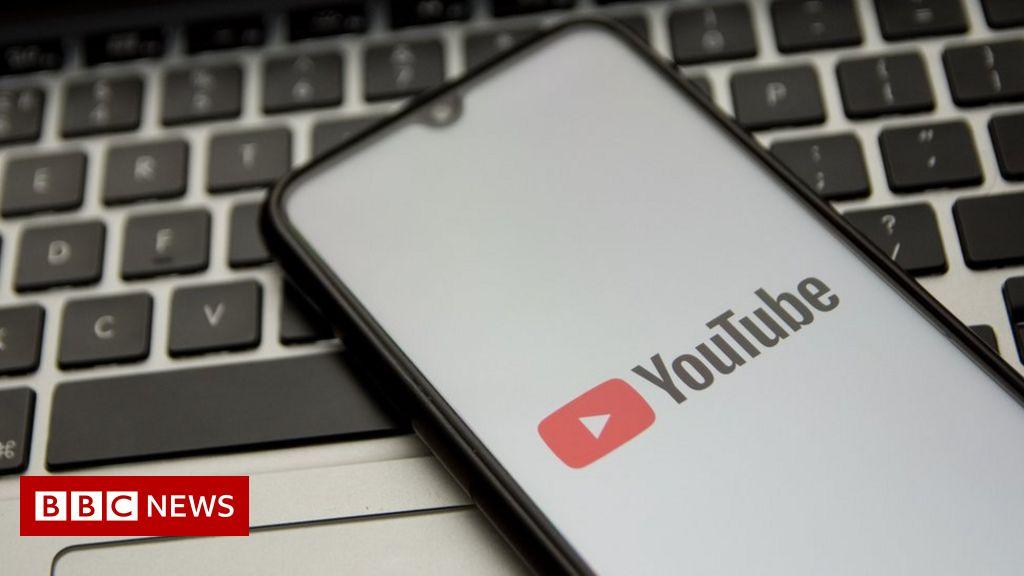YouTube is a major conduit of online disinformation and misinformation worldwide and is not doing enough to tackle the spread of falsehoods on its platform, according to a global coalition of factchecking organisations.
A letter signed by more than 80 groups, including Full Fact in the UK and the Washington Post’s Fact Checker, says the video platform is hosting content by groups including Doctors for the Truth, which spread Covid misinformation, and videos supporting the “fraud” narrative during the US presidential election.
“YouTube is allowing its platform to be weaponised by unscrupulous actors to manipulate and exploit others, and to organise and fundraise themselves. Current measures are proving insufficient,” states the letter to YouTube’s chief executive, Susan Wojcicki, which describes YouTube as a “major conduit” for falsehoods.
The letter urges YouTube, which is owned by Google, to make four changes to its operations: a commitment to funding independent research into disinformation campaigns on the platform; providing links to rebuttals inside videos distributing disinformation and misinformation; stopping its algorithms from promoting repeat offenders; and doing more to tackle falsehoods in non-English-language videos.
“We hope you will consider implementing these ideas for the public good and to make YouTube a platform that truly does its best to prevent disinformation and misinformation being weaponized against its users and society at large,” the letter states.
Disinformation is the deliberate distribution of false information that intends to cause harm, whereas misinformation is when false information is shared but no harm is meant.

The letter from the factcheckers, who challenge claims made by domestic governments, online posts and media organisations, states that YouTube’s failure to tackle disinformation and misinformation is especially marked in the global south, a term that refers to nations in Latin America, Asia and Africa. Frances Haugen, the Facebook whistleblower, has referred repeatedly to concerns over safety controls in non-English language markets as a key factor in her decision to go public about problems at the social media company.
The signatories, who include factchecking groups in India, Nigeria, the Philippines and Colombia, include examples of false content about the reign of the former Filipino president Ferdinand Marcos – whose son is running for office – and the amplification of hate speech against vulnerable groups in Brazil.
The signatories are from more than 40 countries with a range of funding backgrounds. They include: Full Fact, a UK charity, Washington Post Fact Checker, funded by the eponymous newspaper, Spain’s Maldita, a factchecking foundation; and India Today, a unit within the privately owned TV Today Network.
YouTube’s community guidelines state that “certain types of misleading or deceptive content with serious risk of egregious harm” are banned from the platform, which includes promoting harmful remedies or treatments and election interference. YouTube also points to the top ten countries for removed videos, which is dominated by non-English language-speaking countries such as Vietnam, India and Brazil.
YouTube has taken action to quell Covid misinformation and in October 2020 banned misinformation about Covid vaccinations, soon after Facebook had taken similar action on its own platform. A year later, it said it would remove videos that spread misinformation about all vaccines.
Responding to the letter, Elena Hernandez, a YouTube spokesperson, said the company had invested heavily in policies such as reducing the spread of “borderline” misinformation, a term for content that comes close to – but doesn’t quite cross the line of – breaching the platform’s guidelines.
“Over the years, we’ve invested heavily in policies and products in all countries we operate to connect people to authoritative content, reduce the spread of borderline misinformation, and remove violative videos,” said Hernandez. “We’ve seen important progress, with keeping consumption of recommended borderline misinformation significantly below 1% of all views on YouTube, and only about 0.21% of all views are of violative content that we later remove. We’re always looking for meaningful ways to improve and will continue to strengthen our work with the fact checking community.”









